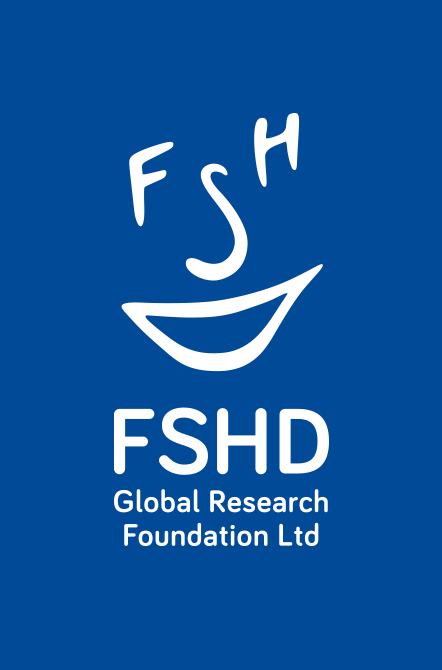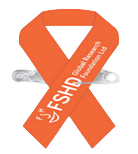GRANT 5
Research Institution: University of Massachusetts Medical School – USA
Principle Investigator: Prof Rossella Tupler
Type: International
Project title: “Defining the mechanism controlling musclespecific gene expression in FSHD”
Status: Completed
Summary
Facioscapulohumeral muscular dystrophy (FSHD) is a common hereditary disease of the muscle. Notably, not all muscles are affected and in a family not all the people that should carry the same genetic defect display muscle weakness. FSHD has been associated with reduction of the number of sequences composing a tiling array at the end of chromosome 4 long arm. In the past we found that certain proteins, named YY1, HMGB2 and nucleolin, form a complex that binds the sequence array at chromosome 4 end. We also discovered that genes close to the sequence array become more active when these proteins are removed. We therefore thought that this abnormal activation drive FSHD onset. Consistent with this hypothesis the overactivation of one of these genes, FRG1, can cause muscular dystrophy in the mouse. Based on these results we considered that discovering factors that can influence the activity of genes like FRG1, might help in finding possible treatments. We studied the way repeat DNA array is wrapped around special protein, named histones, and treated cells with different drugs. Interestingly we discovered that in cells treated with drugs that damage DNA, genes that are close to the repeat can be activated. We also discovered that this activation is stronger in cells with a reduced number of repeats as FSHD cells.
We also discovered that YY1, the protein, which binds the sequence array at the chromosome 4 end, can also bind a protein, MeCP2, which has been involved in another human disorder which is also due to abnormal activity of genes.
These findings highlight the possibility that through these studies we can find indication to prevent or reduce the effect of abnormal gene expression in FSHD patients. This possibility is supported by the observation that the genetic defect, which is present in FSHD patients, not always leads to the development of muscular dystrophy. Our research will continue to define proteins that are involved in mechanisms that regulate the organization and the activity of genes at the end of chromosome 4 long arm.




